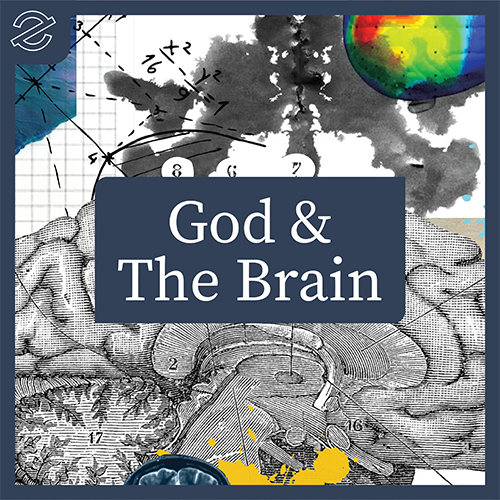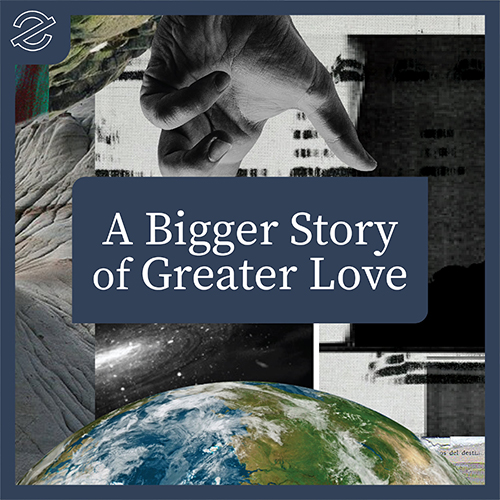



This section will focus content on the metanarrative of Scripture, exposing common ways the Scriptures are misrepresented / misunderstood, then offering a new (ancient) way of reading the Scriptures as a cohesive whole with a God who is love at the center.

This section will focus on what it means to be human, the role emotions play in the human experience, and how we are able to become more of what God intended through living into the way he designed us.

Sign up to receive weekly emails that include teaching, personal stories, and ways to connect with the Eden Project.
All subscribers also receive a free copy of our Triad Guide & How to Pray the Psalms Guide!